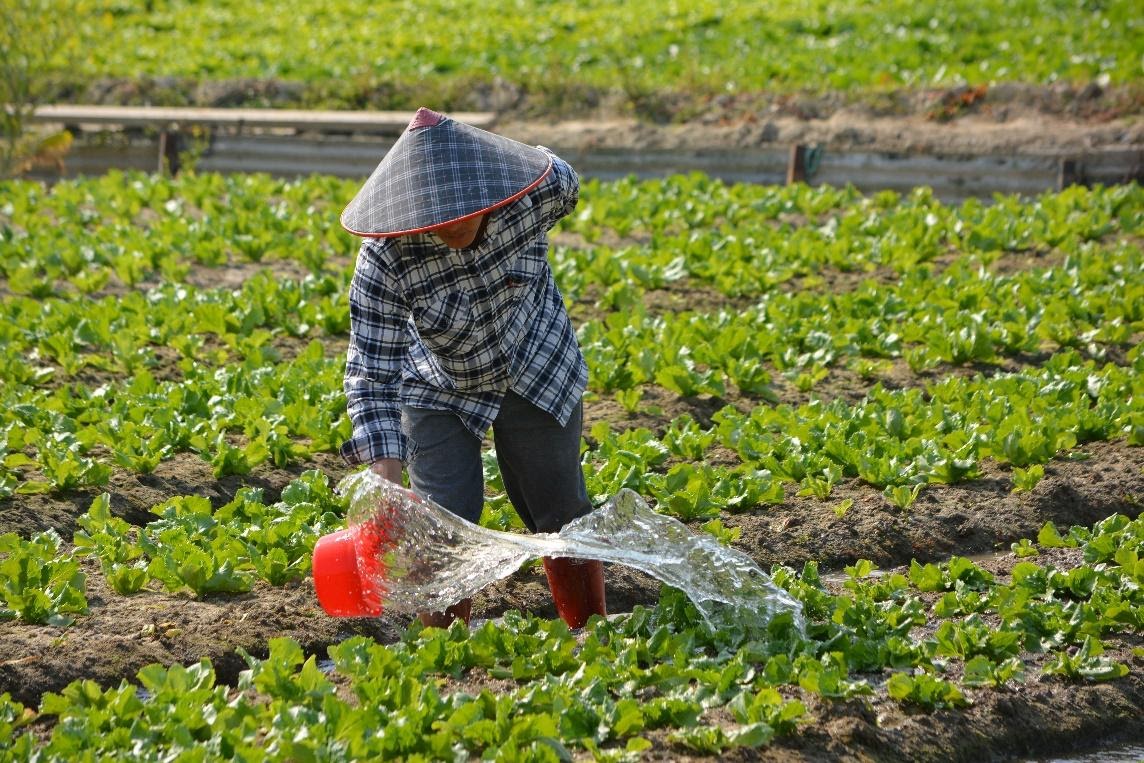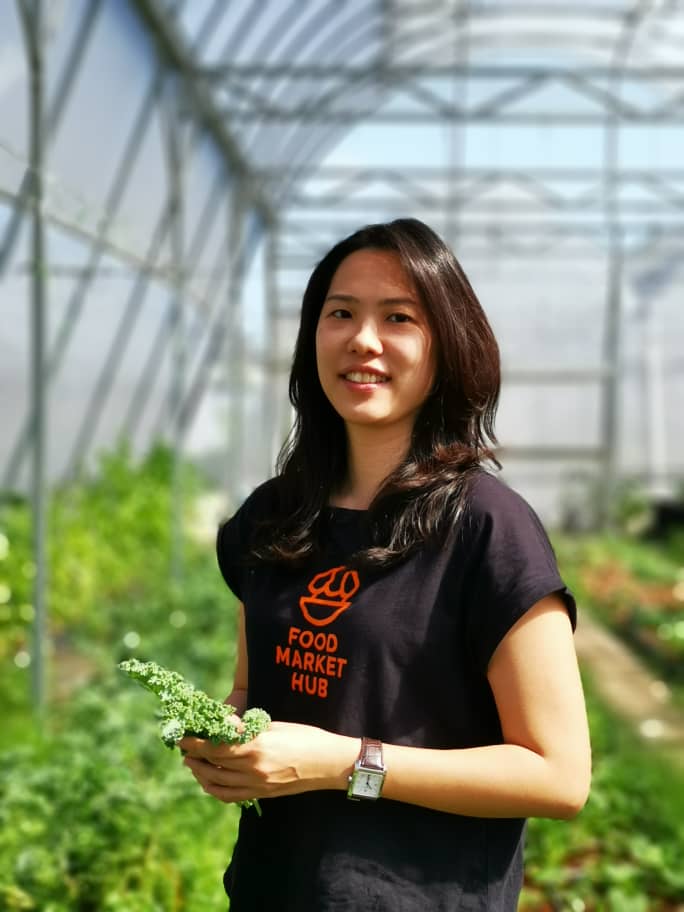
Malaysia, 16 December 2020 – It is undeniable that the Covid-19 pandemic has largely impacted every business operation, especially with the restriction of movement control orders in place within Malaysia. Many businesses have turned to various avenues to channel their sales to their customers and are forced to challenge the way they have traditionally run their business operations.
The impact is significantly felt by the B40 local farmers where their business operations involving distribution and retailing of their fresh produce were heavily disrupted since the pandemic. As F&B operators and hotels struggle to keep their doors open, this results in surpluses of supply and tonnes of fresh produce turning into waste daily as the local farmers struggle to distribute them to the retailers and resellers in time.
The government has announced various stimulus packages, schemes and distribution of cash aids as an effort to minimize the impact, but these are merely seen as short-term solutions. To ensure long-term sustainability in the changing economy, local farmers need to be equipped with the right tools and knowledge that is crucial in facilitating the digital transformation process within their business.
Supporting our B40 Local Farmers
In line with MDEC’s vision to lead Malaysia’s digital economy forward, Food Market Hub through MDEC’s initiative helps our local farmers digitalize their business operations, providing them a great alternative sales channel where they can effectively distribute their fresh produces directly to the F&B business operators through the farm-to-business model. “With more than 2,700 partners available on Food Market Hub, and on the rise, our local farmers will have a great start in expanding their reach to consumers directly. By 2021, we target to have 10,000 F&B operators on Food Market Hub,” said Anthony See Chaur Yih, co-founder and chief executive officer of Food Market Hub.

Statistics from Ministry of Agricuture (MOA) showed that more than 20,000 farmers across Malaysia faced a sharp decline in sales during MCO. Shayna Teh Yee Xian, co-founder and chief of money explained that due to restaurants shut down, many wholesalers who supplied to restaurants halt their orders from farmers, resulting in excess supply by farmers and they do not have a channel to reach out to the consumers directly. “With our online platform, we do not only provide them an avenue to reach out to restaurant operators via B2B procurement, farmers can also sell to consumers especially during the pandemic, reducing wastage,” she added.

Food Market Hub’s team are able to hand-hold the farmers, guiding them how to digitise their business, from uploading their items to monitoring orders and receiving payment. Now, with retail business slowly recovering, F&B operators are able to source directly from farmers, helping them to manage cost. “The cost savings can go up to 23%,” said See.
Food Market Hub’s solutions are simple and easy to be adopted where farmers can digitise their orders as well as accessibility to the insights of their daily business operations, all within the single powerful platform from Food Market Hub. We are confident that our B40 local farmers will benefit greatly from this initiative and successfully adapt to the new economy.
With the recent round of funding from GoVentures and SIG, Food Market Hub aims to help businesses across South East Asia to transform their traditional business from offline to online.
Find out more about Food Market Hub at https://foodmarkethub.com/
The post Food Market Hub partners with MDEC to help B40 local farmers in adapting changing economy appeared first on Supernewsroom – Guaranteed Media Coverage.














